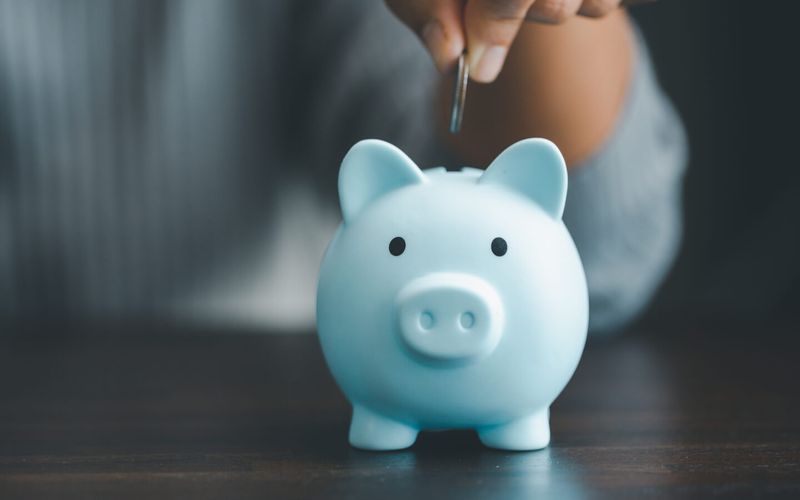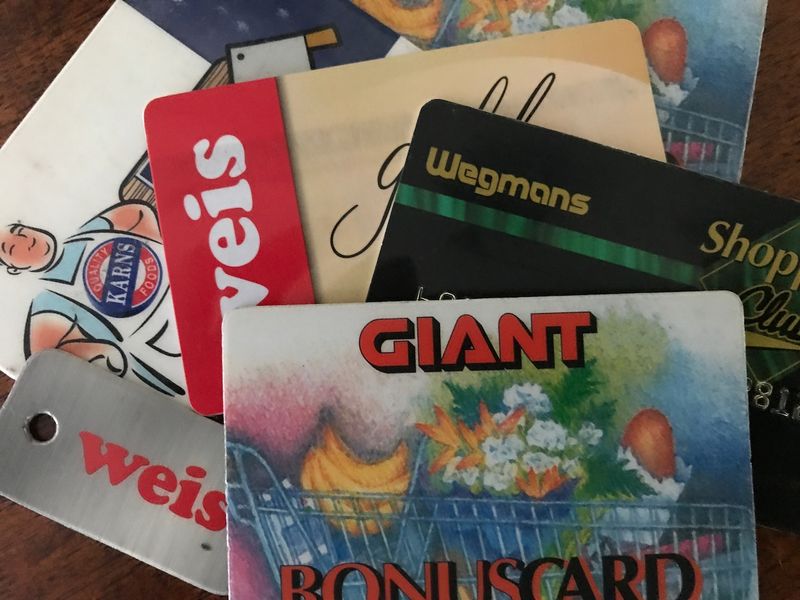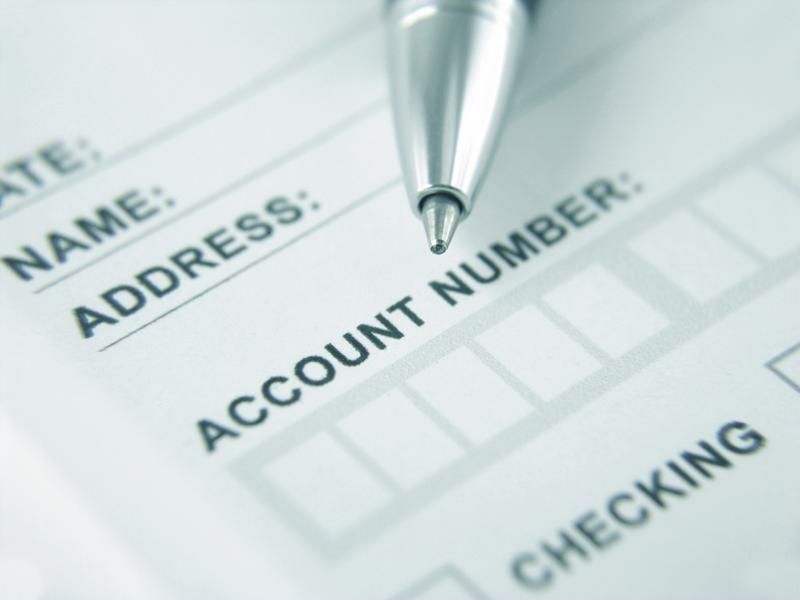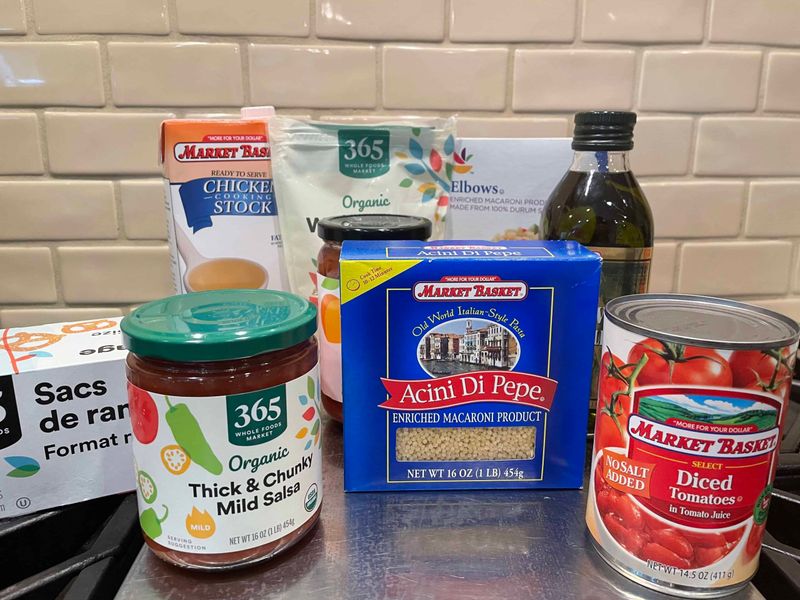17 Budget-Friendly Ways to Prepare for Unexpected Expenses
Unexpected expenses can arise at any moment, catching you off guard and disrupting your financial plans. Being prepared doesn’t have to break the bank. Here are 17 budget-friendly strategies to help you manage unforeseen costs without stress.
1. Create an Emergency Fund

Building an emergency fund is your first line of defense against unexpected expenses. Think of it as a financial cushion that can absorb shocks without derailing your budget. Start by setting aside a small amount each month.
Even $10 a week can make a substantial difference over time. Consider keeping this money in a separate savings account to avoid the temptation of spending it on everyday expenses. With consistency, you’ll grow a fund that provides peace of mind and financial security, ready to cover anything from home repairs to medical bills.
2. Cut Unnecessary Subscriptions

Subscription services offer convenience, but their costs can quickly add up, eating into your budget. Regularly review your subscriptions to determine which ones you truly value and use. Consider canceling those that no longer serve a purpose or provide joy.
Each cancellation frees up money that can be redirected towards your emergency fund or other vital expenses. By trimming the fat on your monthly expenses, you create financial space to handle unexpected costs more comfortably.
3. Embrace DIY Projects

Embracing DIY projects is a creative way to save money while enhancing your skills. Whether it’s fixing a leaky faucet or crafting home decor, doing it yourself can save on labor costs. Plenty of online resources can guide you through various projects.
Not only do you cut expenses, but you also gain a sense of accomplishment and a personalized touch to your home. Transforming a hobby into a cost-saving measure turns unexpected expenses into manageable challenges.
4. Utilize Loyalty Programs

Loyalty programs are an excellent way to stretch your budget further. Many stores offer these programs, rewarding regular customers with discounts, points, or cashback on purchases.
By strategically using these benefits, you can save on everyday items, leaving more money available for unforeseen expenses. Enrolling in these programs is often free, and they provide consistent savings that can accumulate over time. Make sure to only participate in those that offer genuine value and meet your shopping needs.
5. Cook at Home More

Cooking at home is not only healthier but also more economical than dining out. By preparing your meals, you control the ingredients and portions, which reduces food waste and costs. Planning meals ahead of time helps you shop efficiently, keeping your grocery bill in check.
Additionally, cooking can become a fun family activity that strengthens bonds while saving money. With a little creativity, you can recreate your favorite restaurant dishes at a fraction of the cost, saving funds for unexpected expenses.
6. Automate Savings

Automating your savings is a hands-off approach to financial security. By setting up automatic transfers, a portion of your income goes directly into a savings account without you needing to remember. This method ensures consistent saving, building your emergency fund effortlessly.
Think of it as paying yourself first, prioritizing your future financial stability. As your savings grow, so does your ability to handle unexpected expenses without stress. Automated savings can be your silent partner in financial peace.
7. Sell Unused Items

Decluttering your home can uncover hidden treasures that you no longer use but others might find valuable. Hosting a garage sale or selling items online are excellent ways to free up space and earn extra cash.
This additional income can boost your emergency fund, providing a buffer for unforeseen expenses. As you organize and sell, you’ll also enjoy a tidier home, making it a win-win situation. Each sale not only adds to your savings but also reduces clutter, enhancing your living space.
8. Switch to Generic Brands

Switching to generic brands can lead to significant savings without compromising quality. Many generic products are just as effective as their branded counterparts but at a fraction of the price. By choosing generics, you lower your grocery bill, freeing up funds for unexpected expenses.
This simple switch can contribute to a more robust emergency fund over time. Evaluate products individually to ensure you’re getting the best value, balancing cost with quality effectively.
9. Negotiate Bills

Negotiating your bills can lead to unexpected savings, often with just a simple phone call. Whether it’s a cable, internet, or utility bill, companies may offer discounts or promotions if you ask. Preparing your negotiation strategy with competitor rates can strengthen your case.
This proactive approach can significantly reduce your monthly expenses, building a financial buffer for unexpected costs. Regularly reviewing and renegotiating bills ensures you’re not overpaying, maximizing your budget’s potential.
10. Use Public Transportation

Public transportation is a cost-effective alternative to driving, eliminating expenses like gas, parking, and maintenance. By opting for buses or trains, you can drastically reduce transportation costs, channeling those savings into an emergency fund.
Additionally, public transit can be more environmentally friendly, aligning with sustainable practices. Embrace this opportunity to relax during your commute, perhaps catching up on reading or podcasts, while contributing to a more resilient financial future.
11. Adopt a Minimalist Lifestyle

Adopting a minimalist lifestyle can transform your financial habits. By focusing on what truly matters, you eliminate unnecessary purchases that clutter your space and drain your budget. Minimalism encourages intentionality, guiding you to spend on experiences or items that bring genuine joy.
This shift in mindset reduces impulsive spending, allowing you to save more for unexpected expenses. Your home becomes a tranquil haven, reflecting your values and supporting a sustainable financial strategy.
12. Practice Preventive Health Care

Preventive health care can save significant money by avoiding costly treatments. Regular check-ups, a balanced diet, and exercise are key components. By investing in your health today, you reduce the risk of expensive medical emergencies tomorrow.
This proactive approach not only enhances your well-being but also protects your finances. Make health a priority by scheduling routine health assessments and embracing a healthy lifestyle. As your health improves, you’ll find more financial flexibility to handle unexpected expenses.
13. Learn Basic Home Repairs

Learning basic home repairs empowers you to handle minor issues without professional help, saving money on labor costs. Simple tasks like fixing leaky faucets or unclogging drains can be tackled with minimal tools and guidance from online tutorials.
This skill not only saves money but also builds confidence in maintaining your home. By addressing small problems early, you prevent them from becoming costly repairs. Equip yourself with basic tools and knowledge, turning challenges into manageable tasks.
14. Cancel Gym Memberships

Canceling your gym membership can free up funds for your emergency savings. Consider home workouts or outdoor activities as alternatives, which can be equally effective and enjoyable. Many online resources and apps offer free workout routines, providing flexibility and convenience.
By exercising at home or in nature, you maintain fitness without the financial burden of membership fees. This shift not only saves money but also encourages a more personalized approach to health and wellness.
15. Utilize Free Community Resources

Many communities offer free resources and events, from libraries to local festivals. These can provide entertainment and education without spending a dime. By taking advantage of these resources, you enrich your life while preserving your budget.
Check community boards or local websites to discover what’s available near you. From free classes to outdoor concerts, there’s often something for everyone. These opportunities allow you to enjoy quality time with family and friends, leaving more room in your budget for emergencies.
16. Create a Budget Plan

Creating a budget plan is a foundational step in managing your finances. It provides a clear overview of your income and expenses, helping you identify areas where you can cut back. By setting financial goals, you allocate funds effectively, ensuring you’re prepared for unexpected costs.
Regularly reviewing and adjusting your budget keeps it relevant and effective. This structured approach not only improves financial discipline but also enhances your ability to save, building a resilient financial future.
17. Buy in Bulk

Buying in bulk can lead to substantial savings over time, particularly for non-perishable goods. This strategy lowers the cost per unit, stretching your budget further. Plan purchases around sales or discounts to maximize benefits.
While initial costs may be higher, the long-term savings are significant. By stocking up on essentials, you reduce the frequency of shopping trips, saving time and money. These savings can bolster your emergency fund, providing a financial cushion for unexpected expenses.

Comments
Loading…